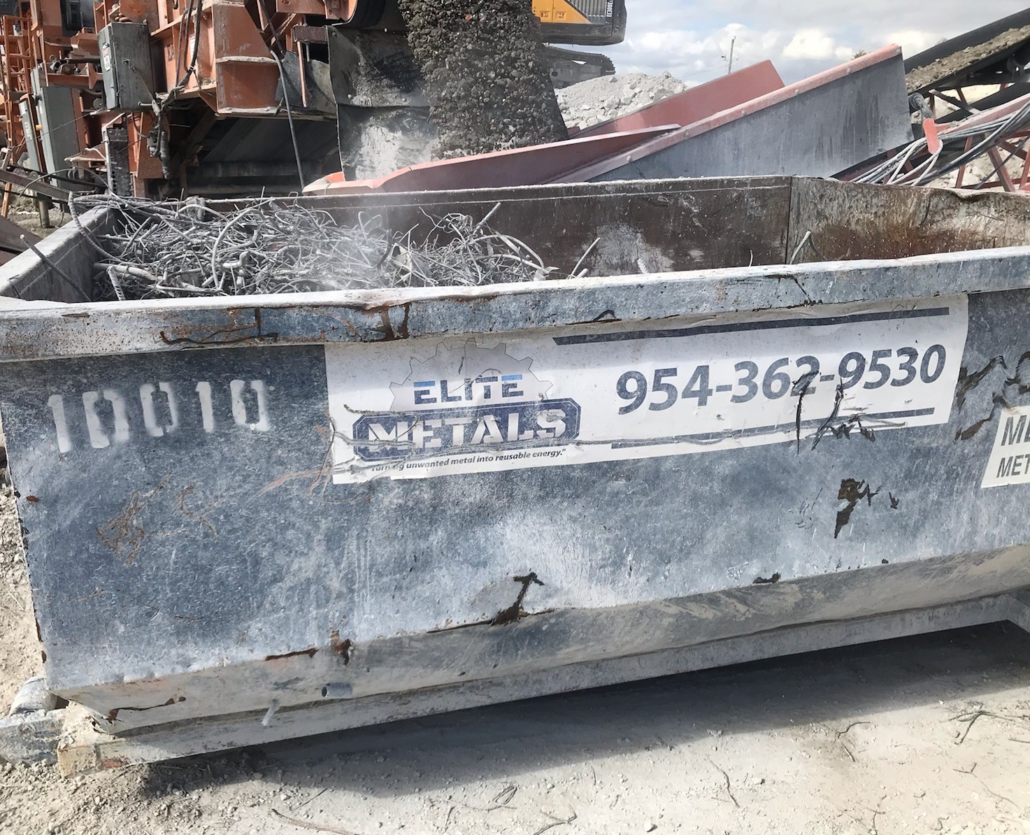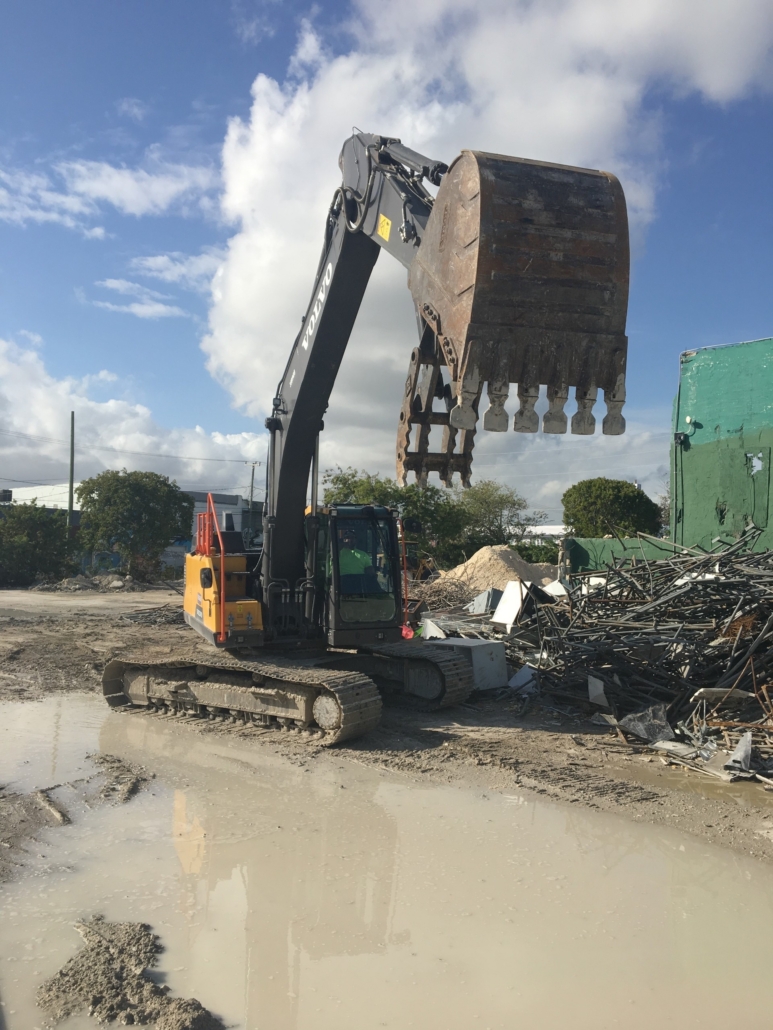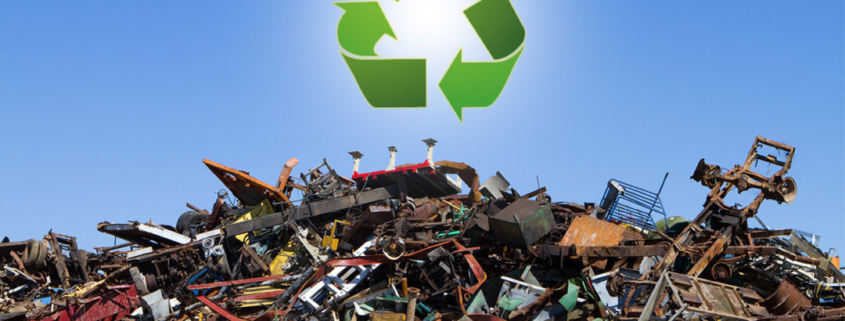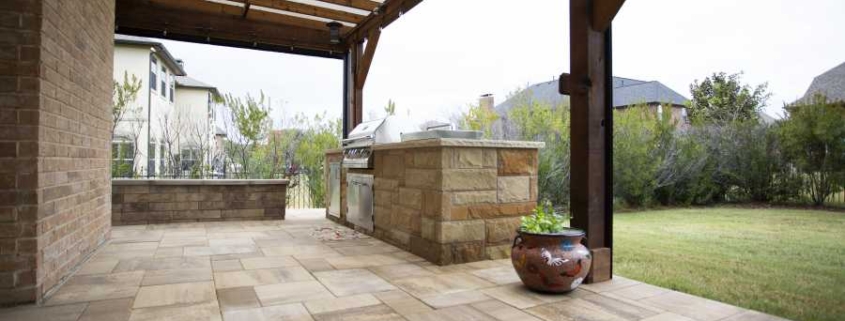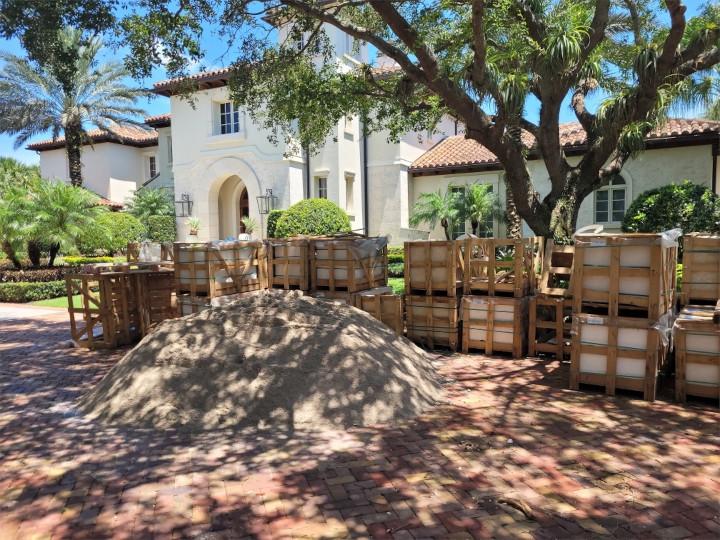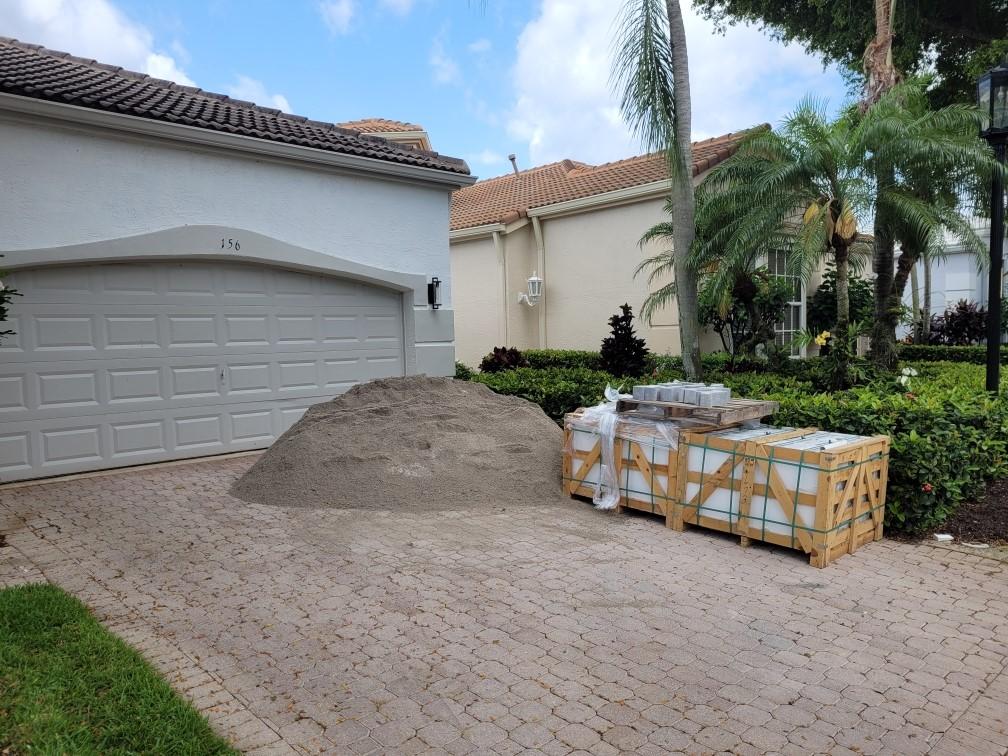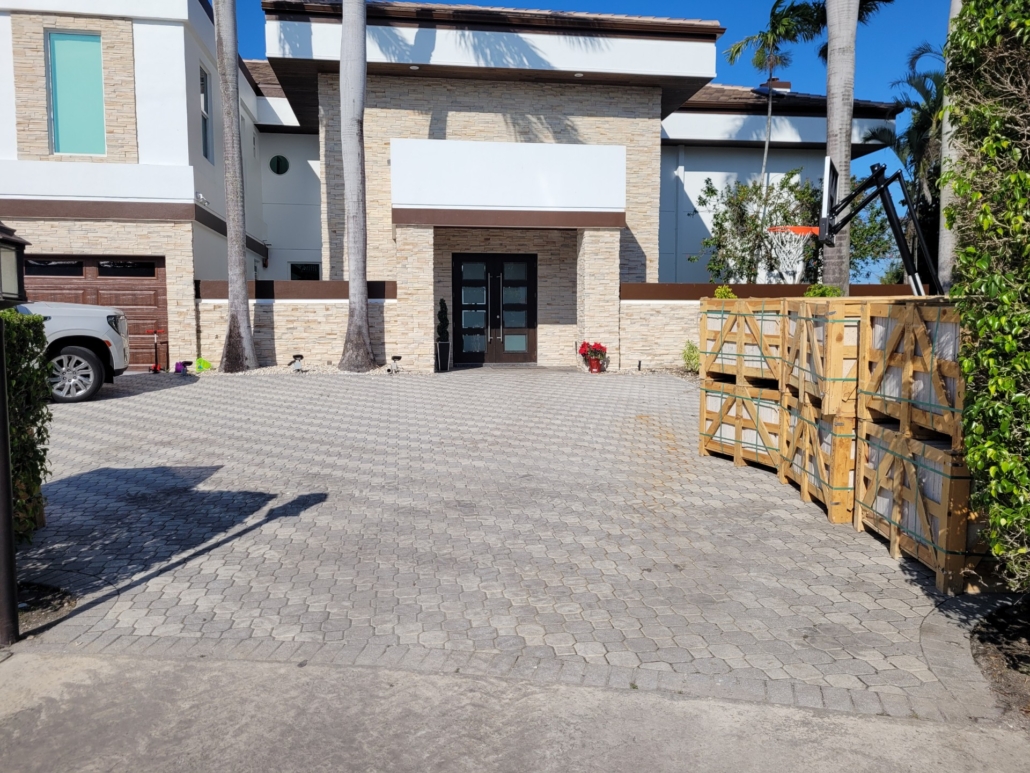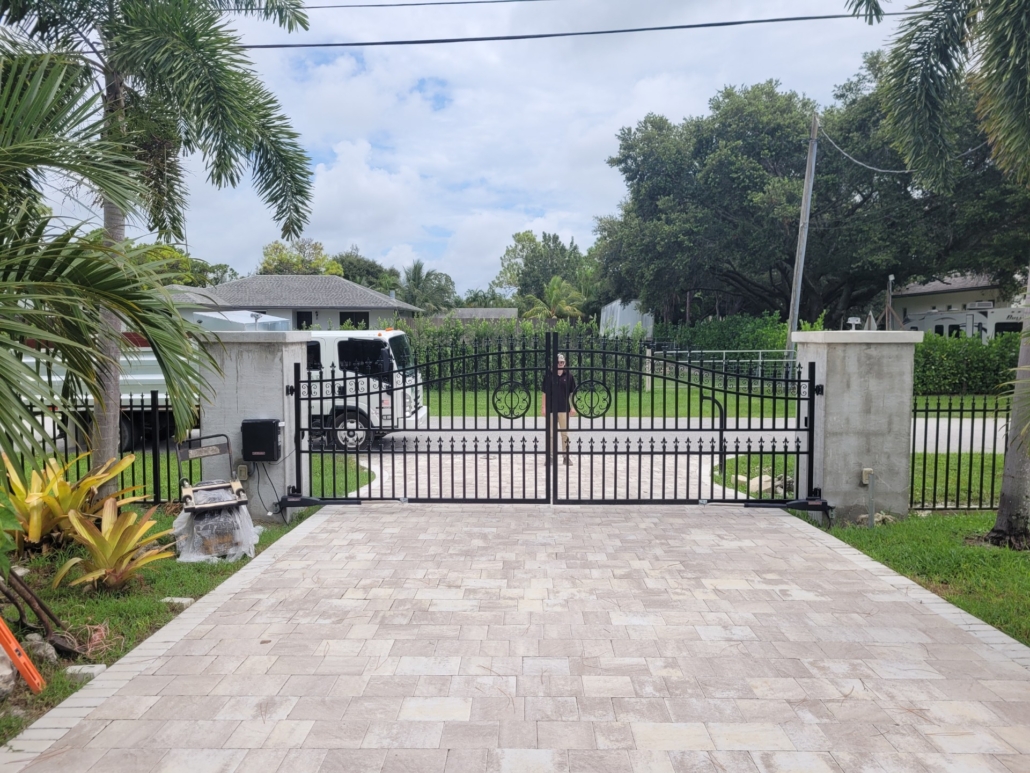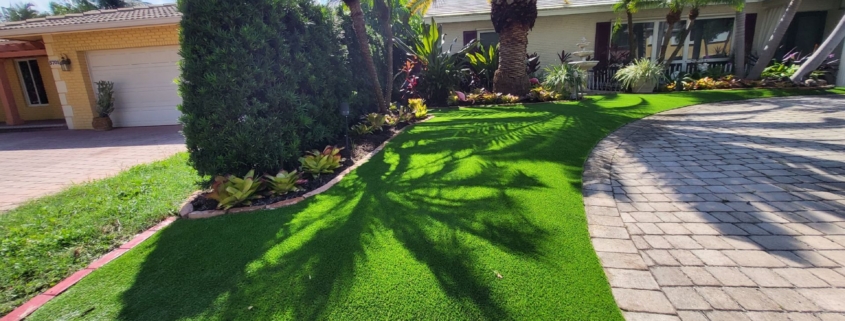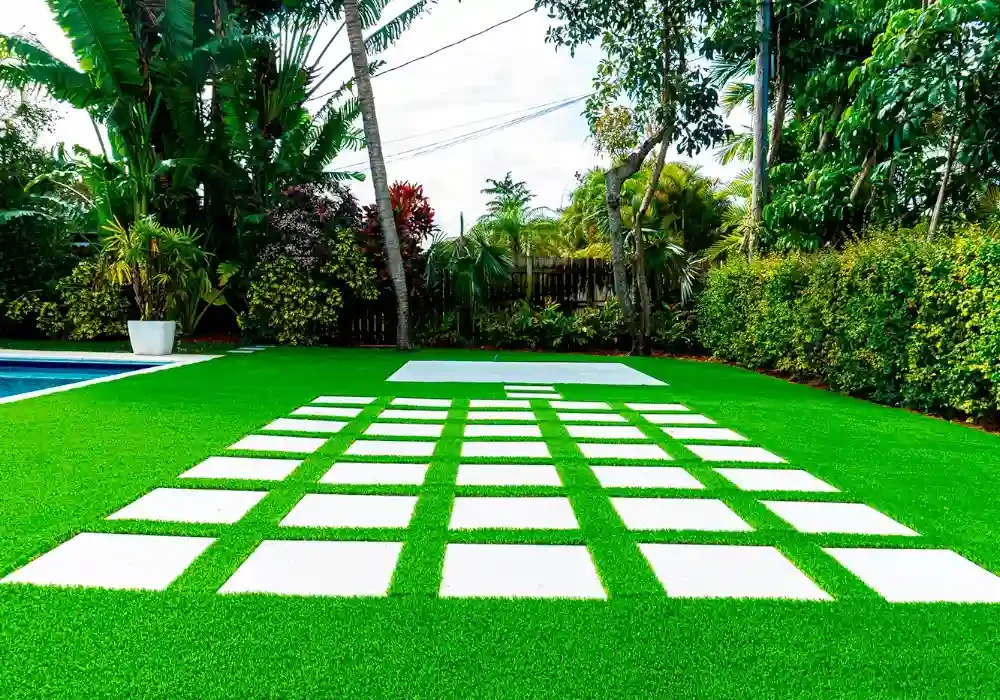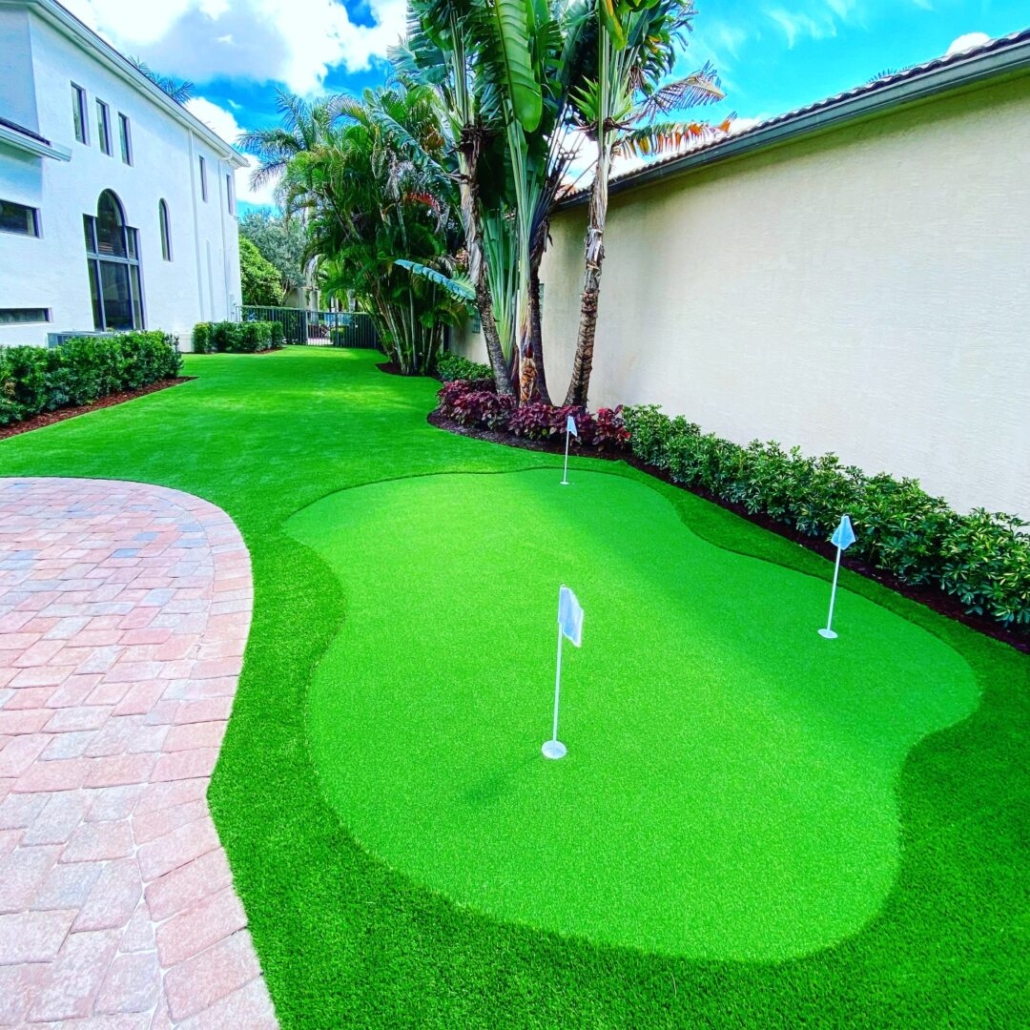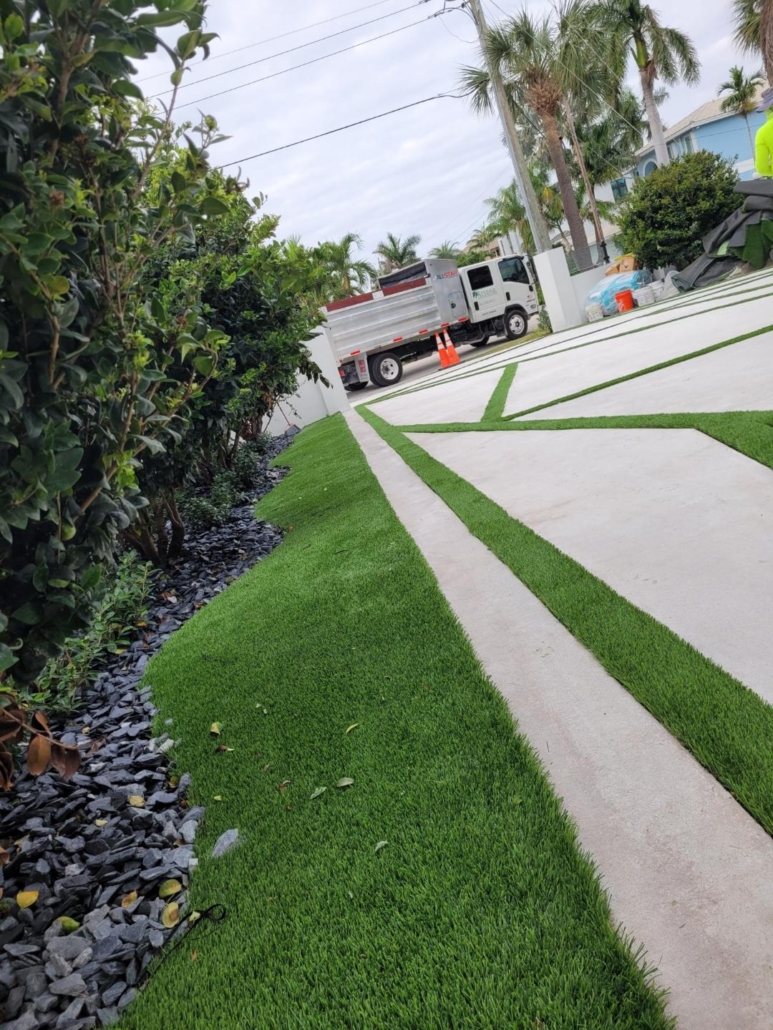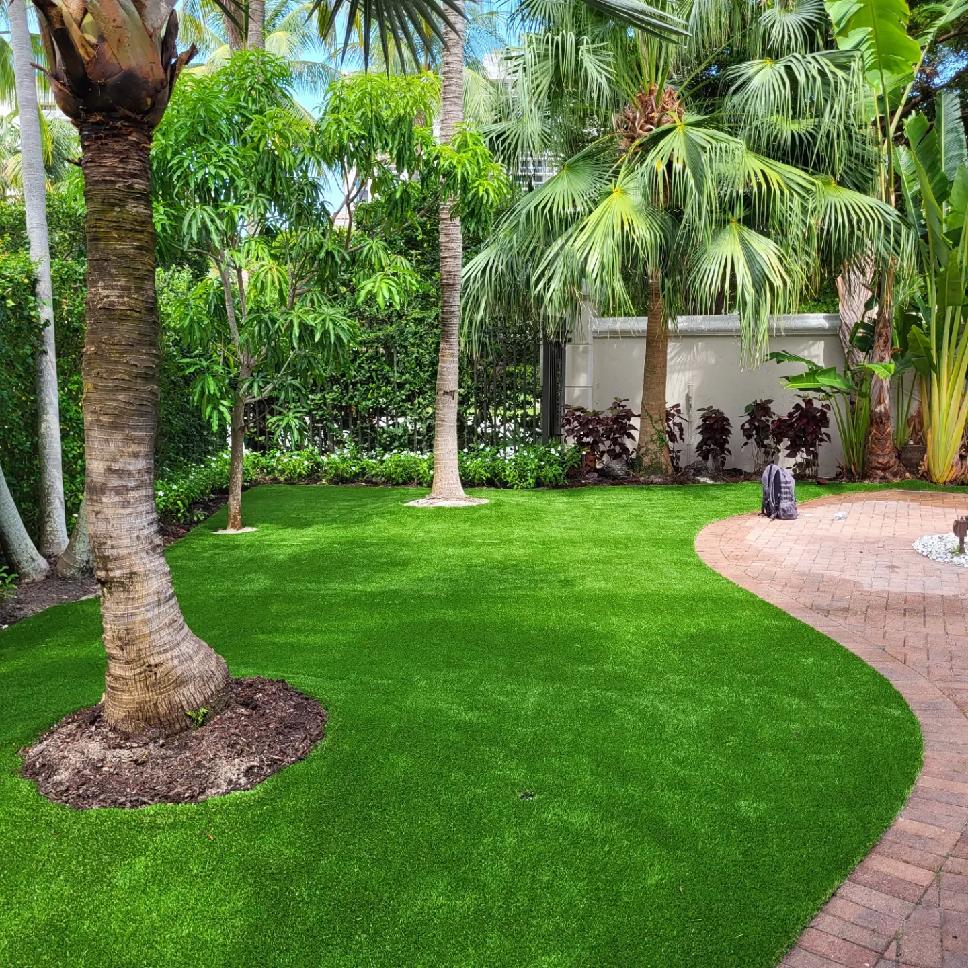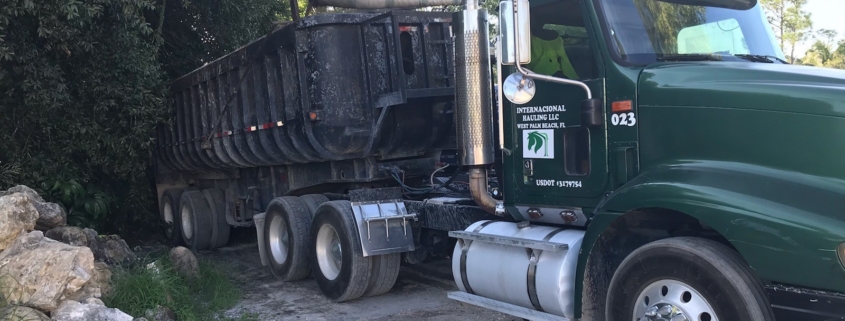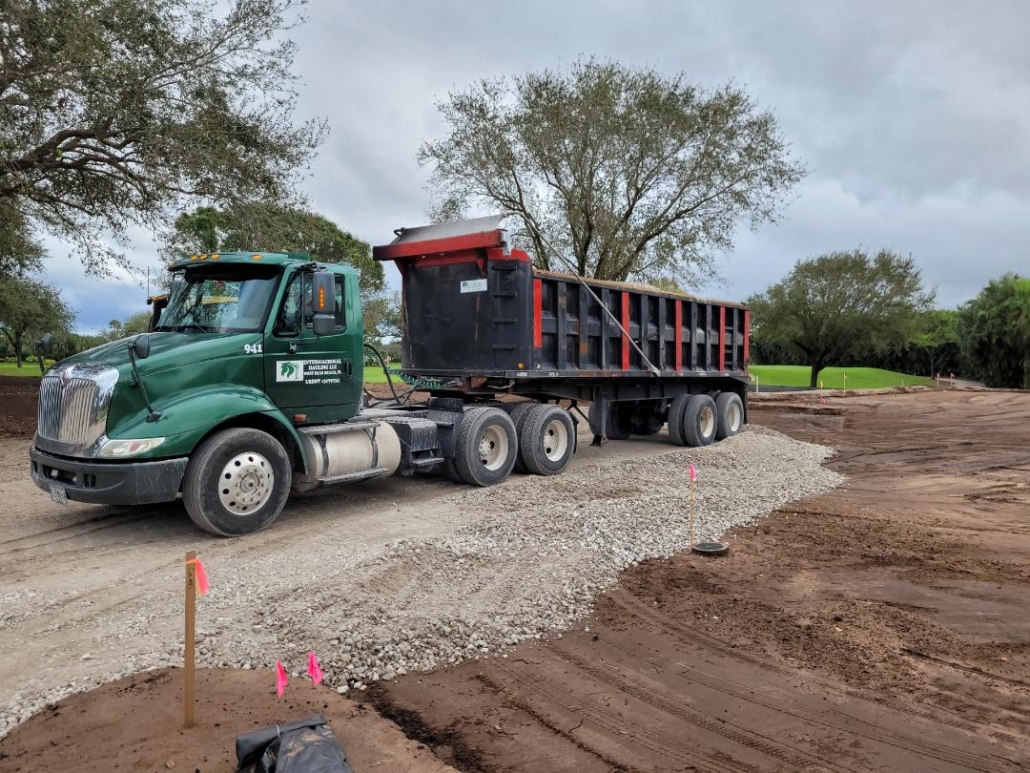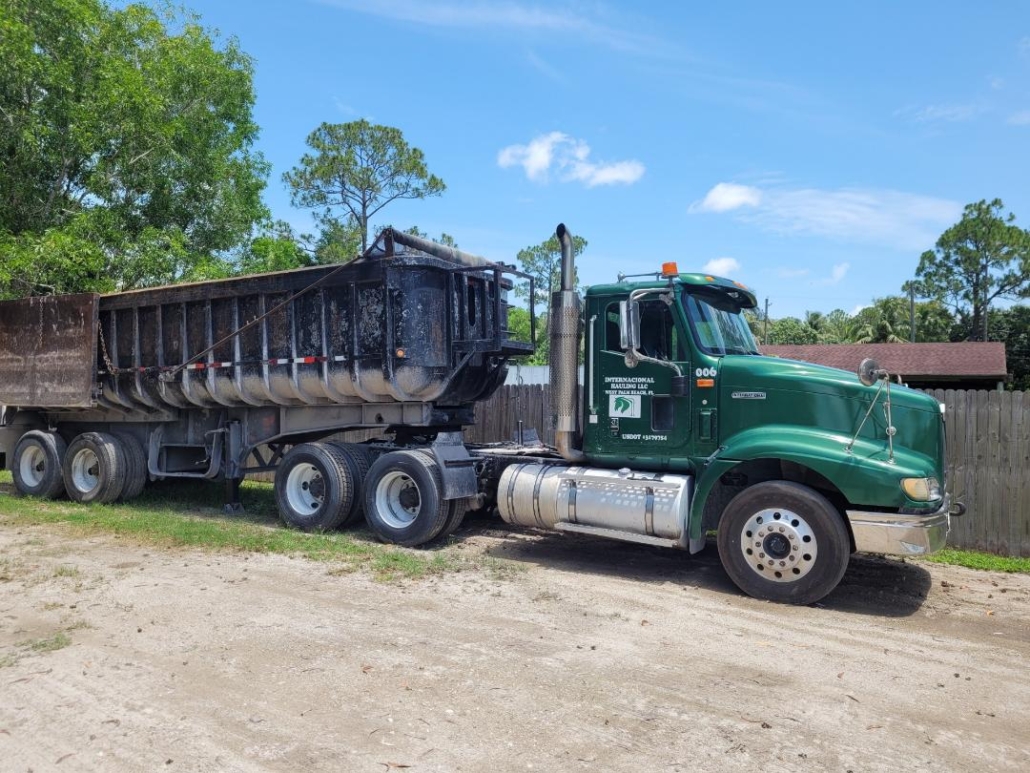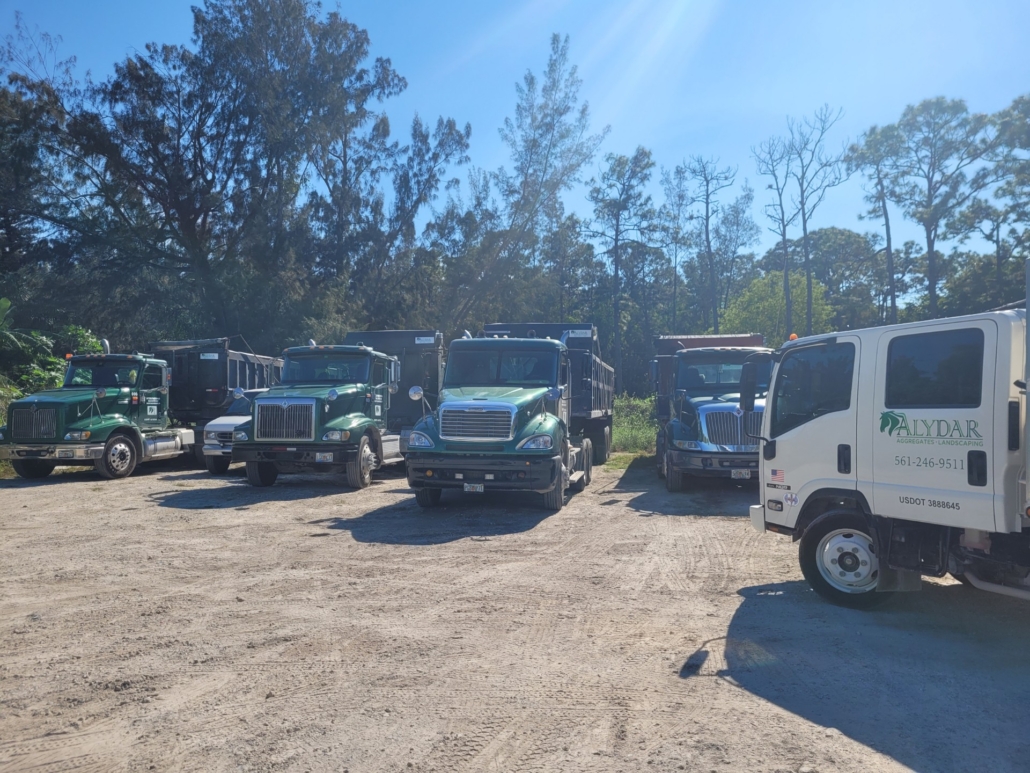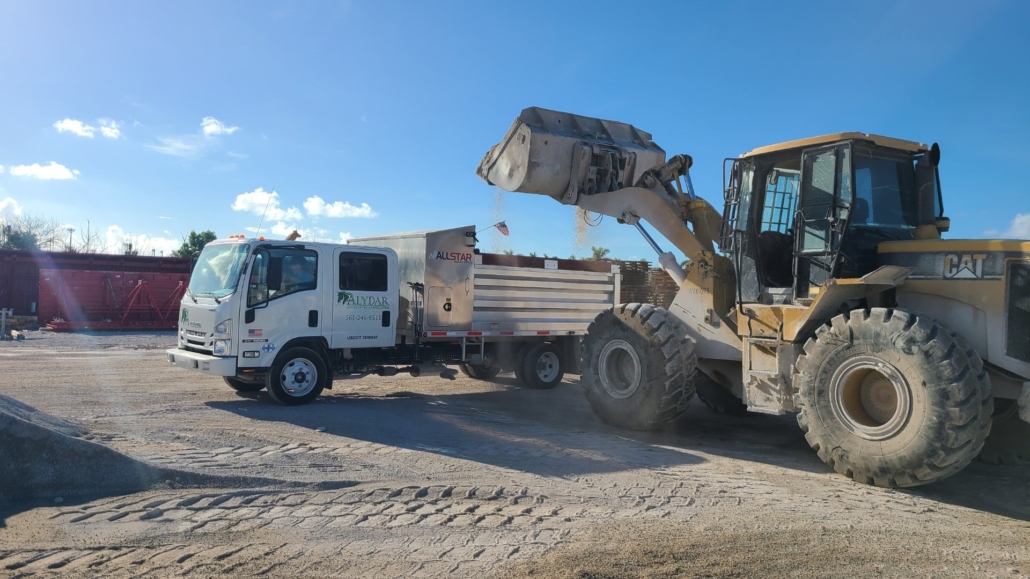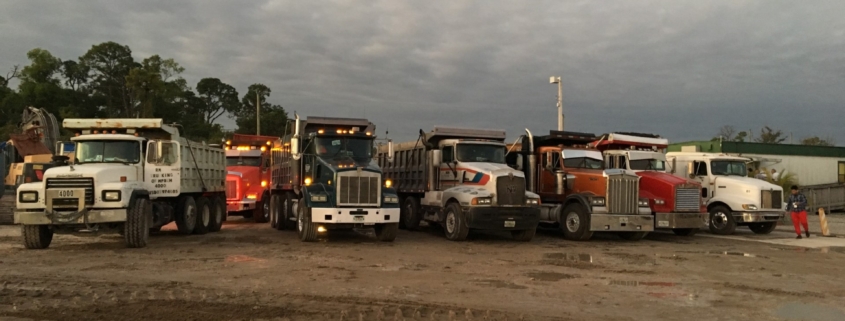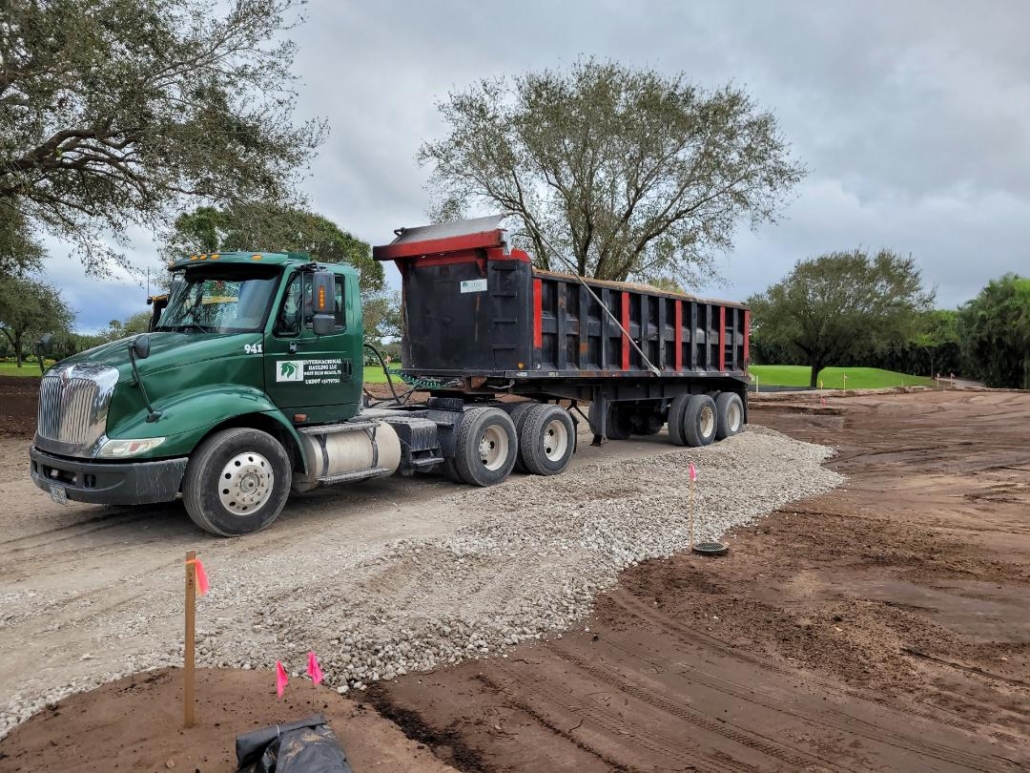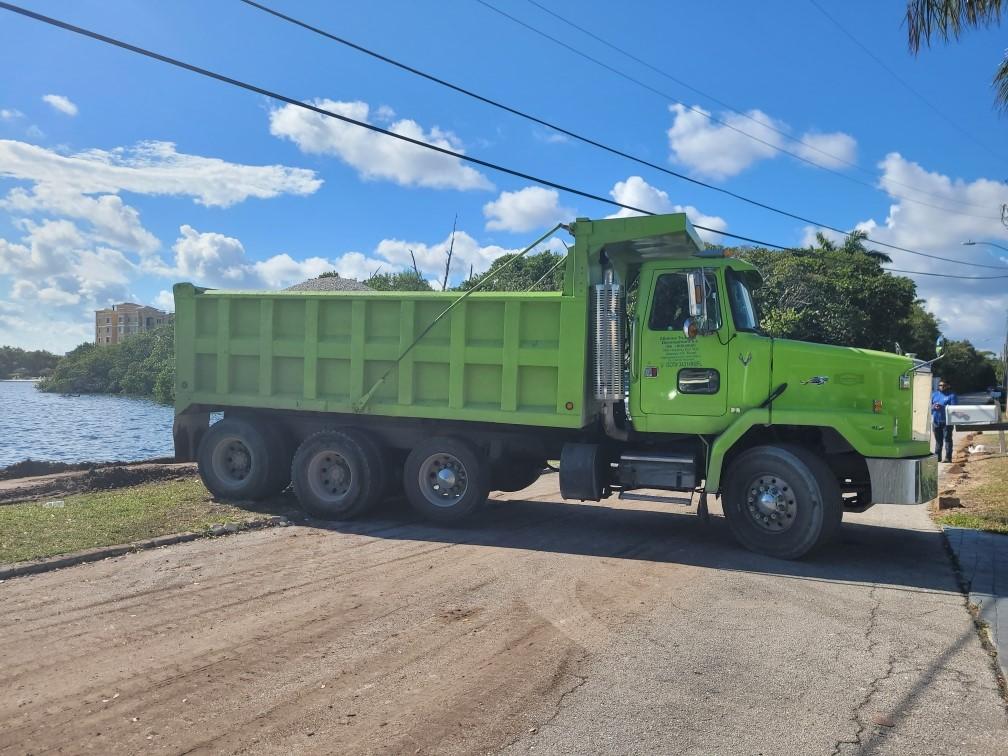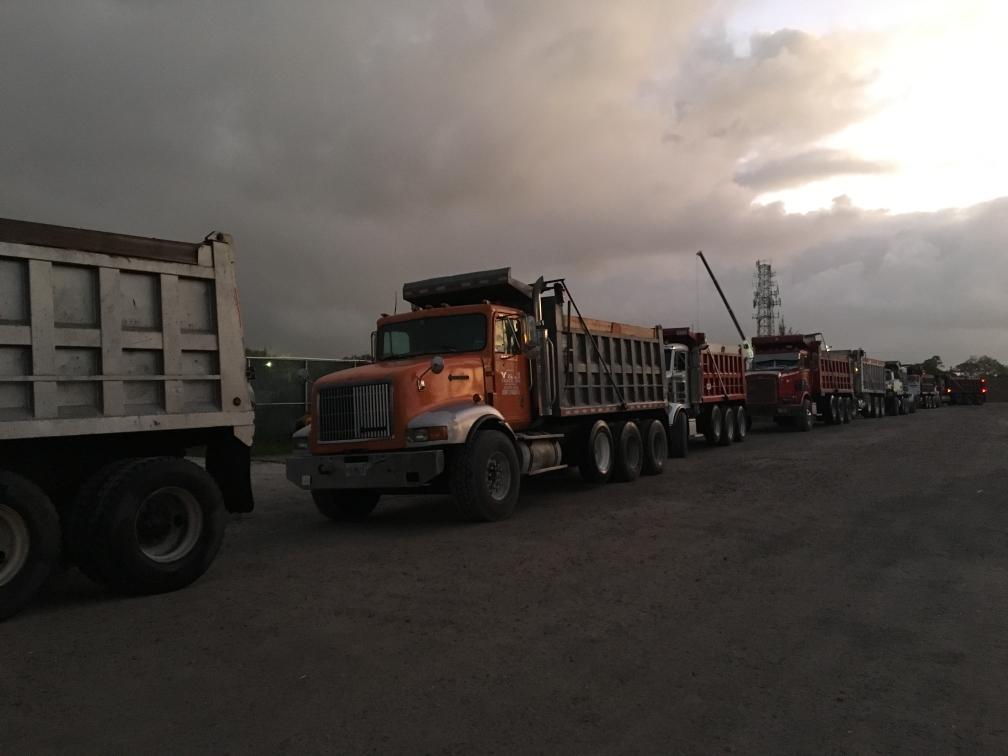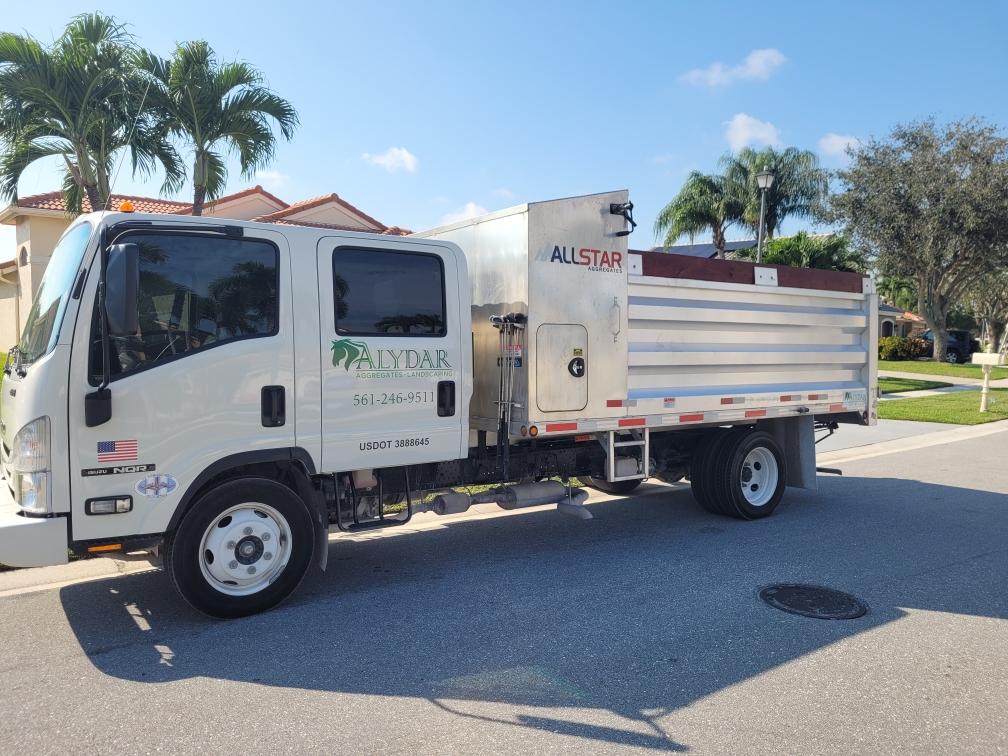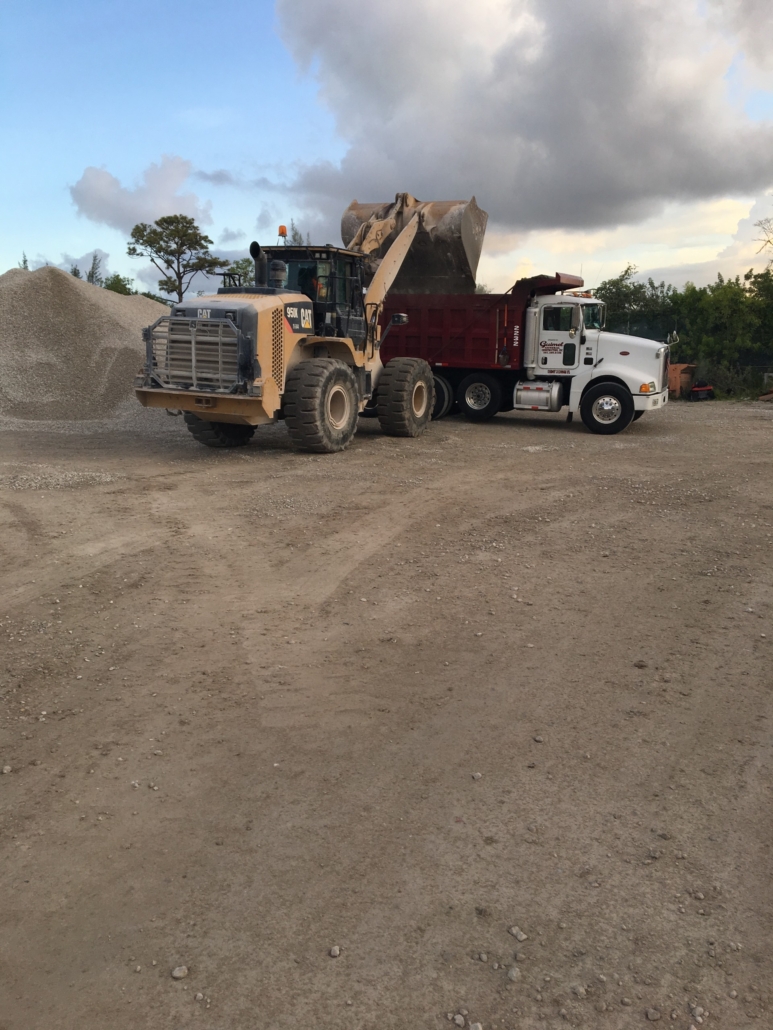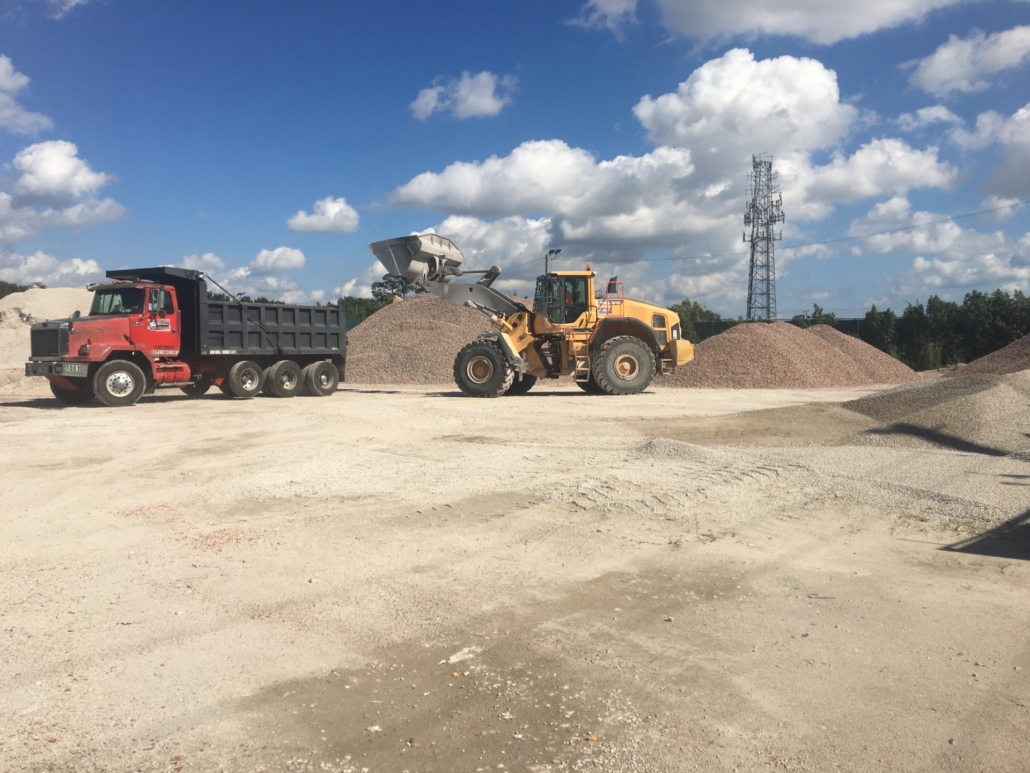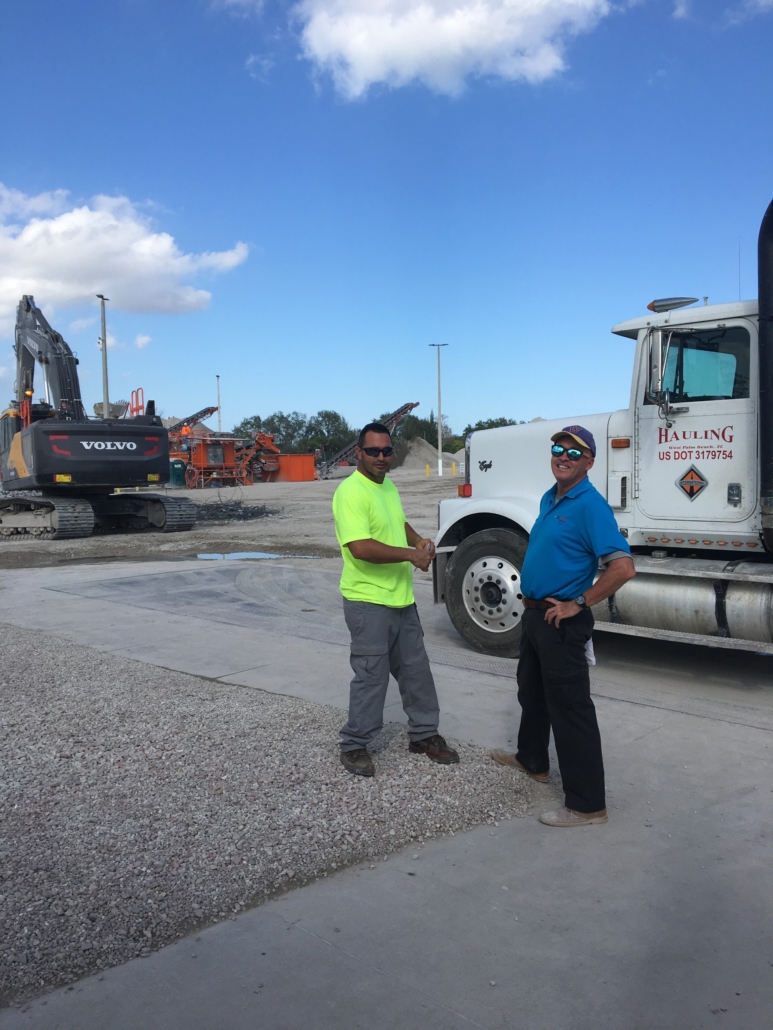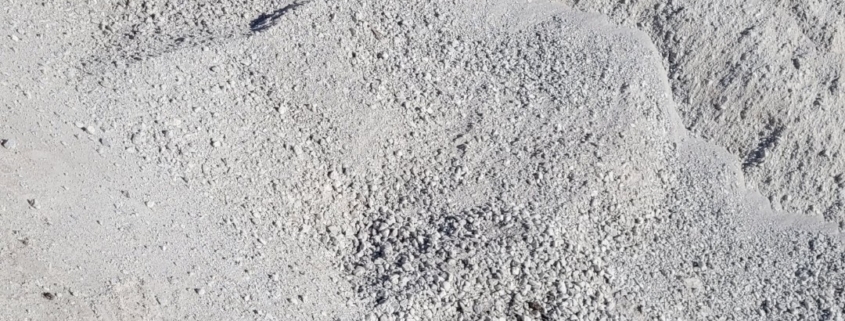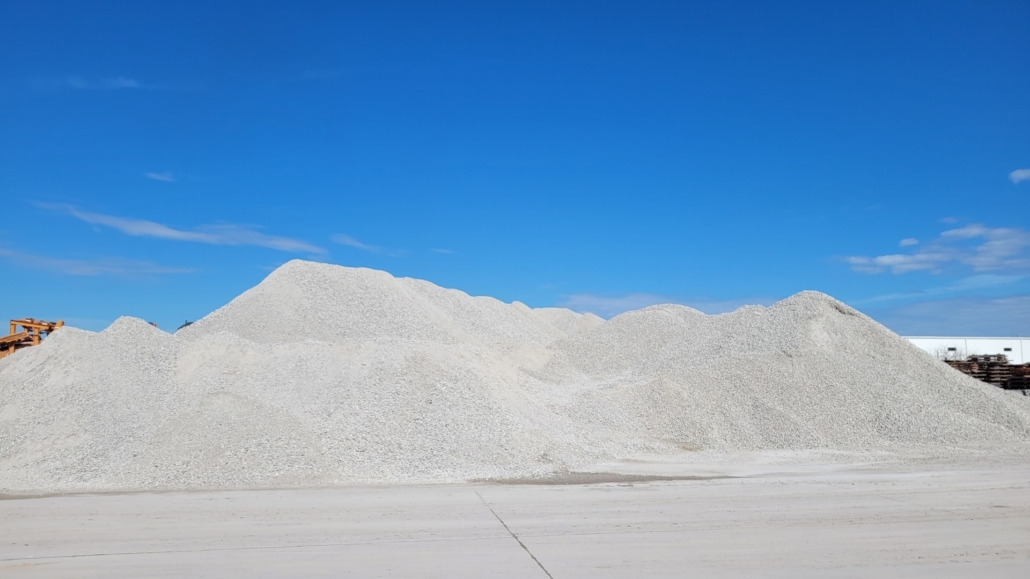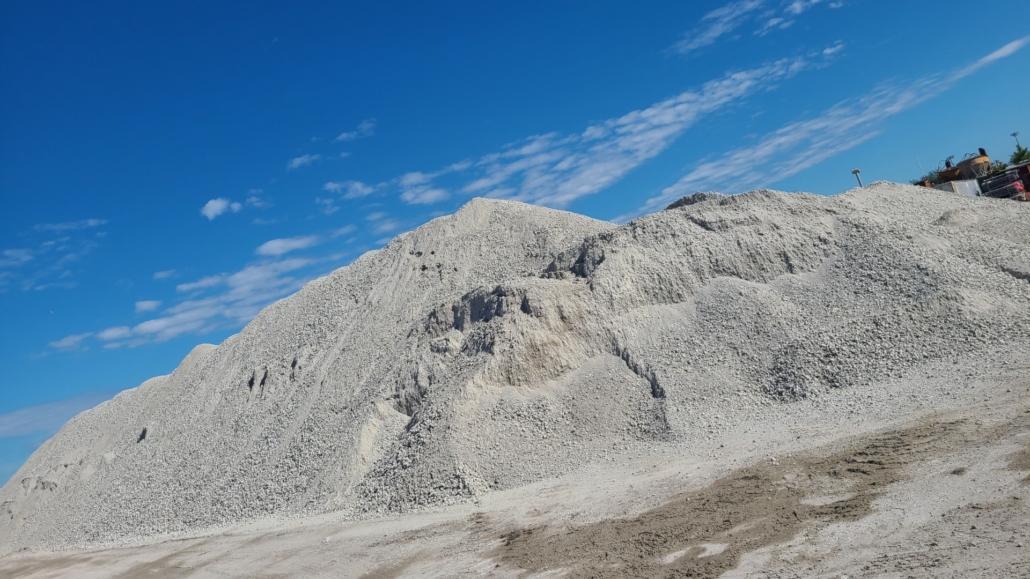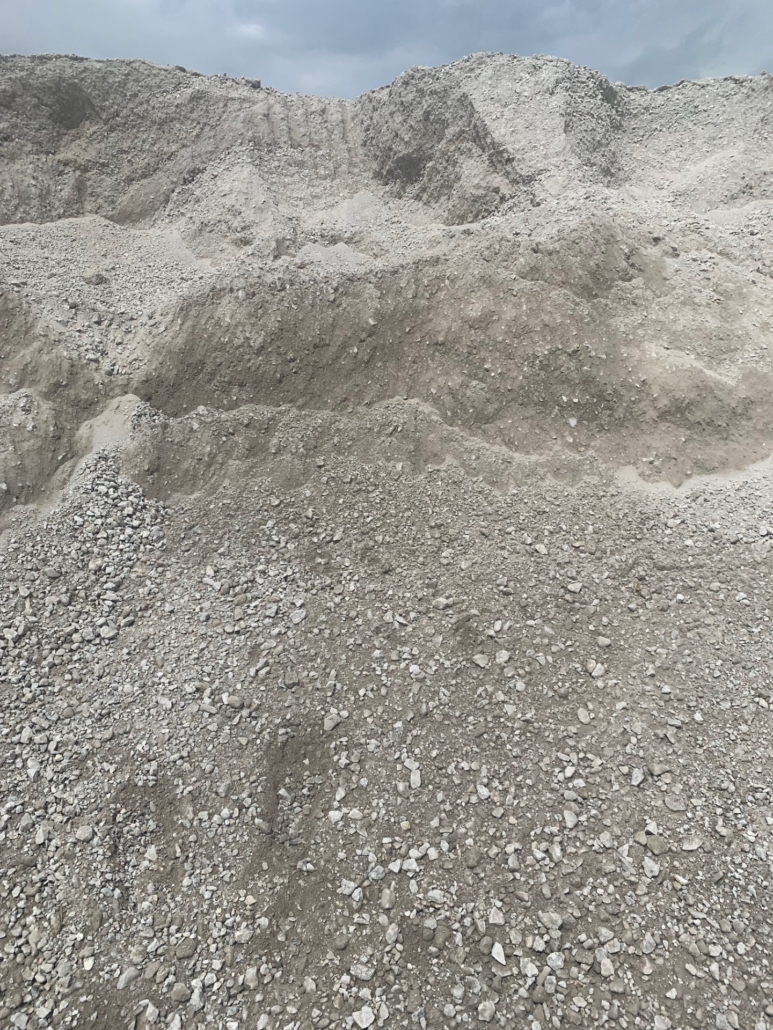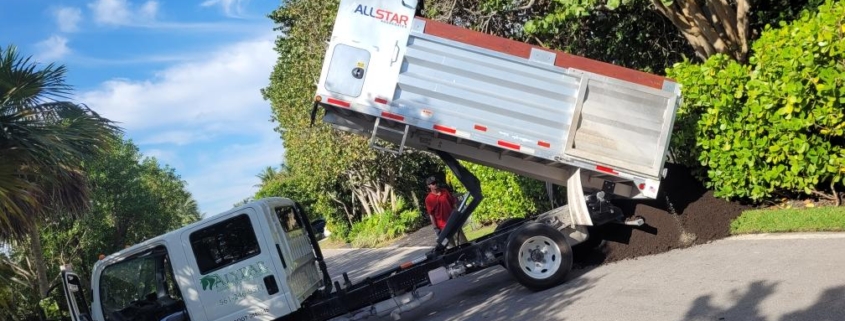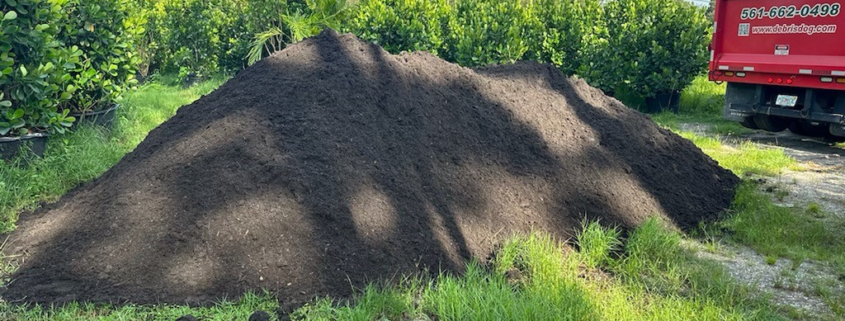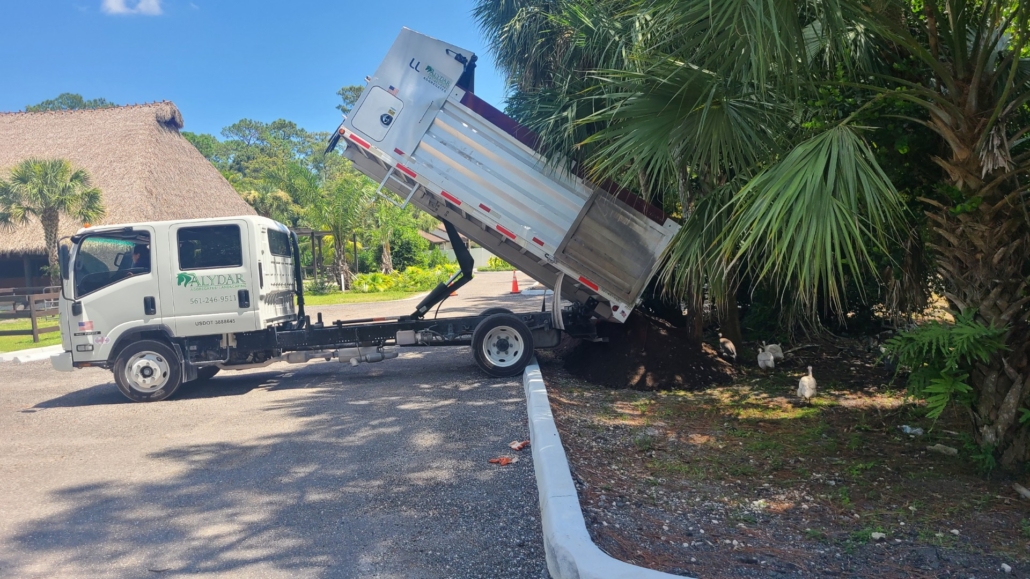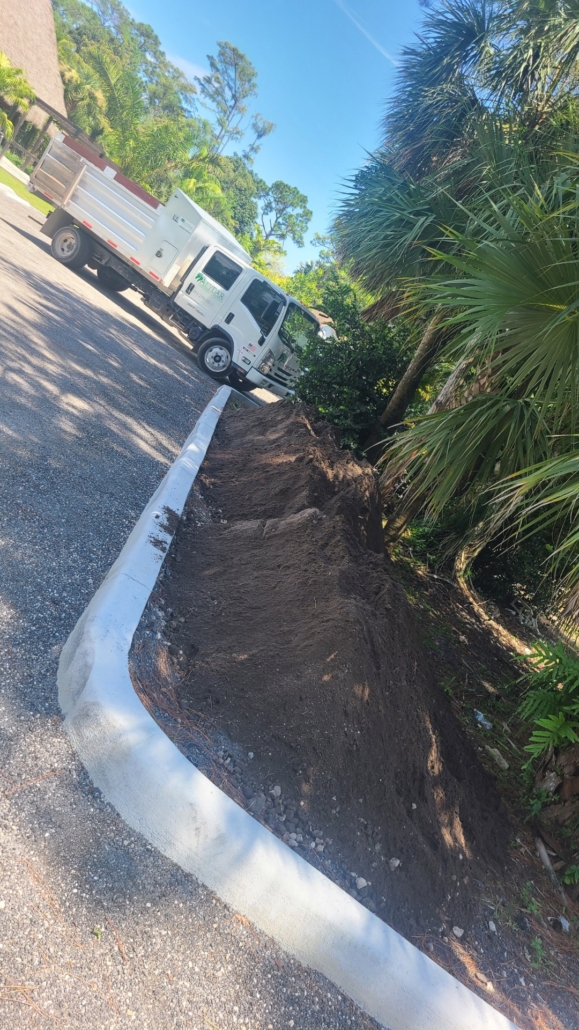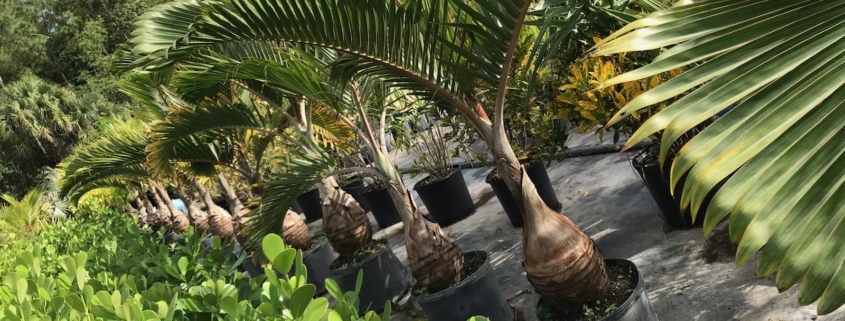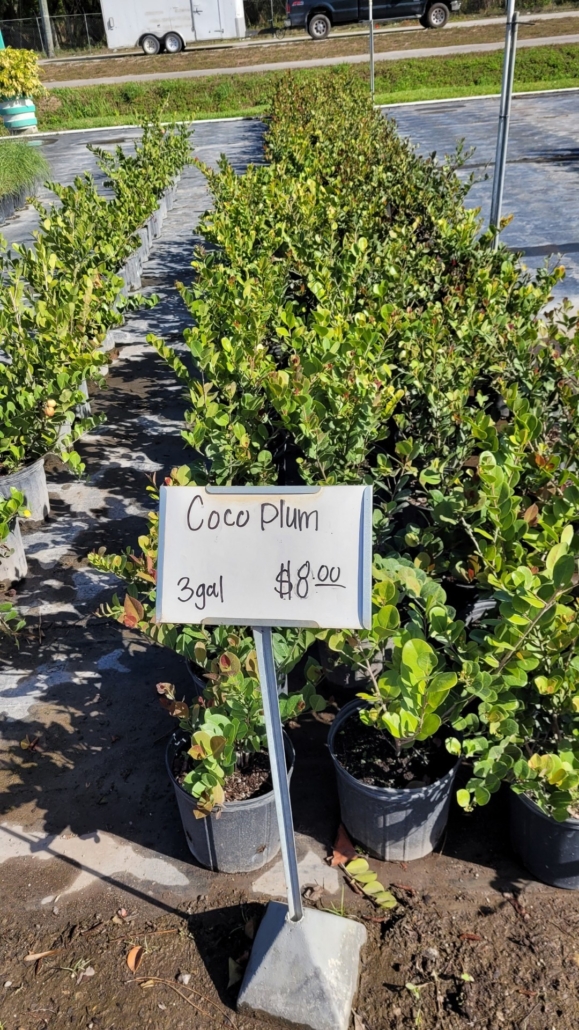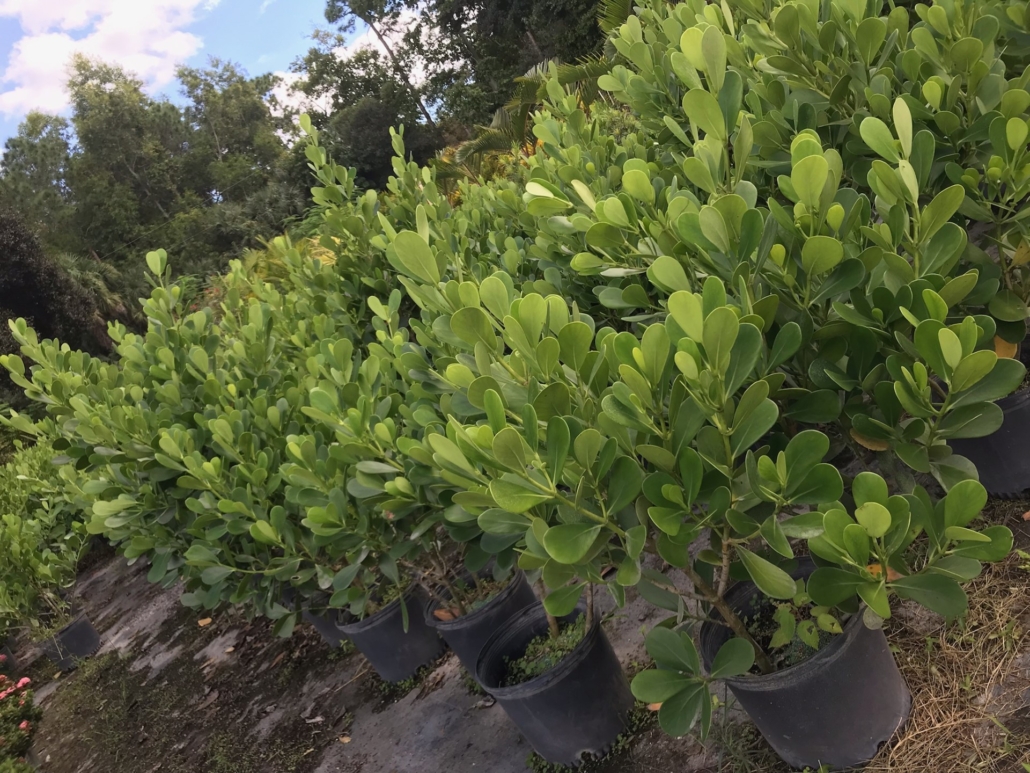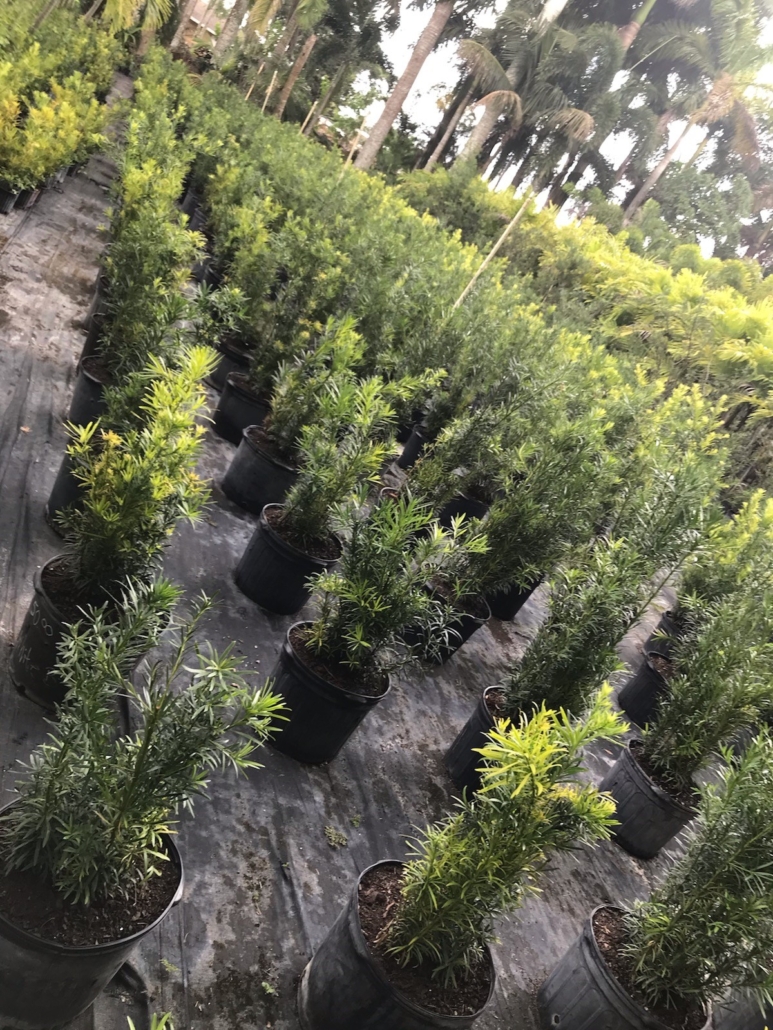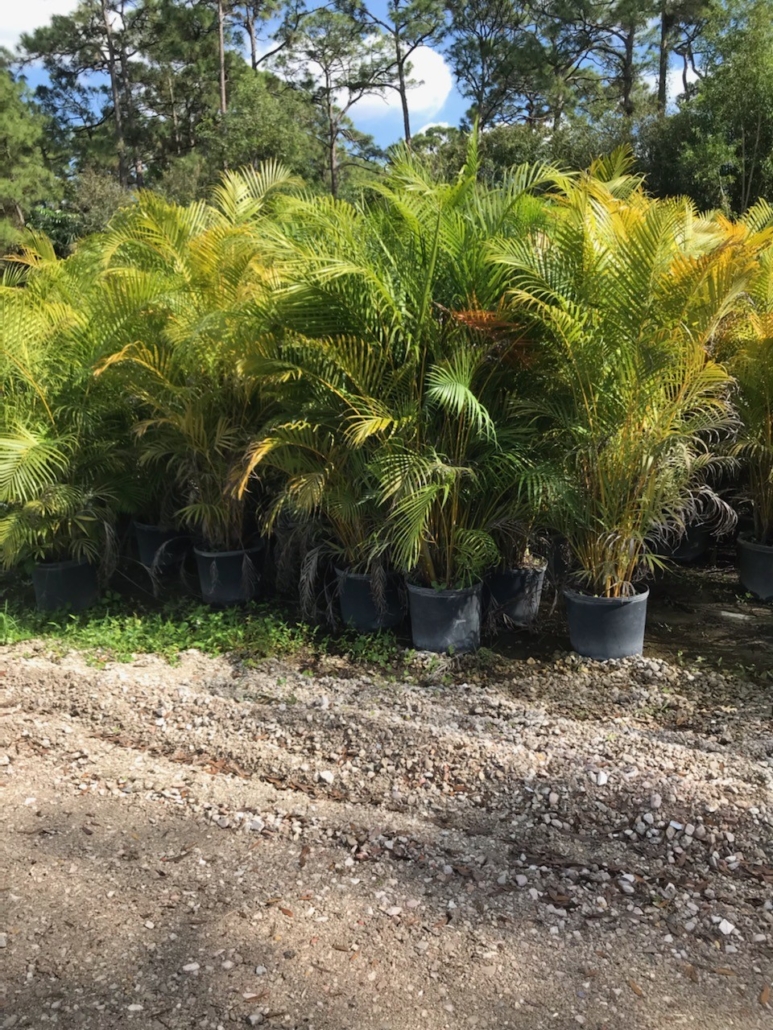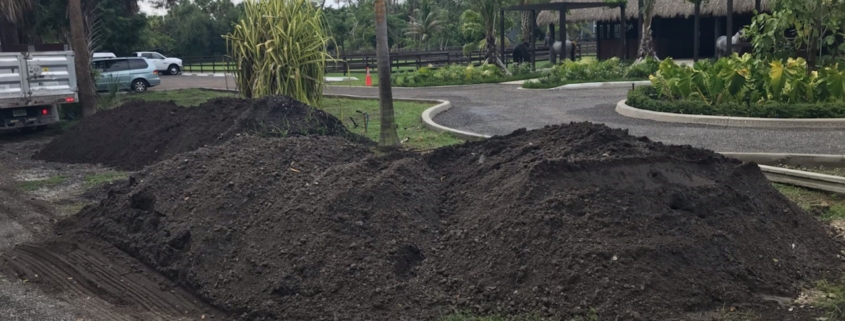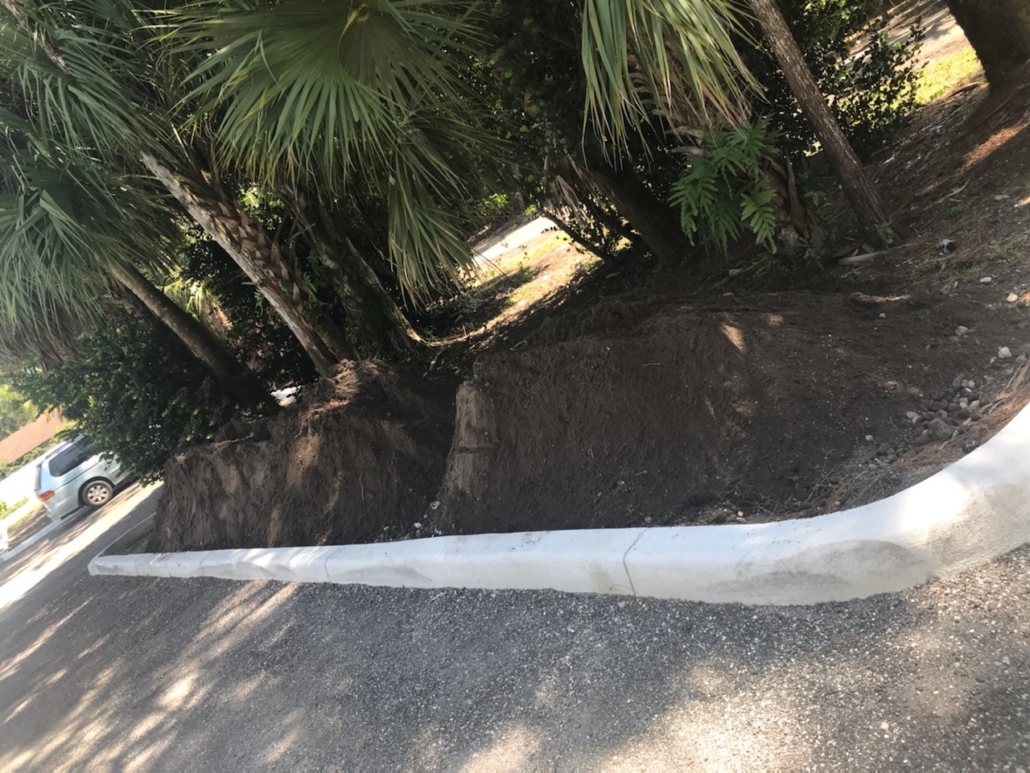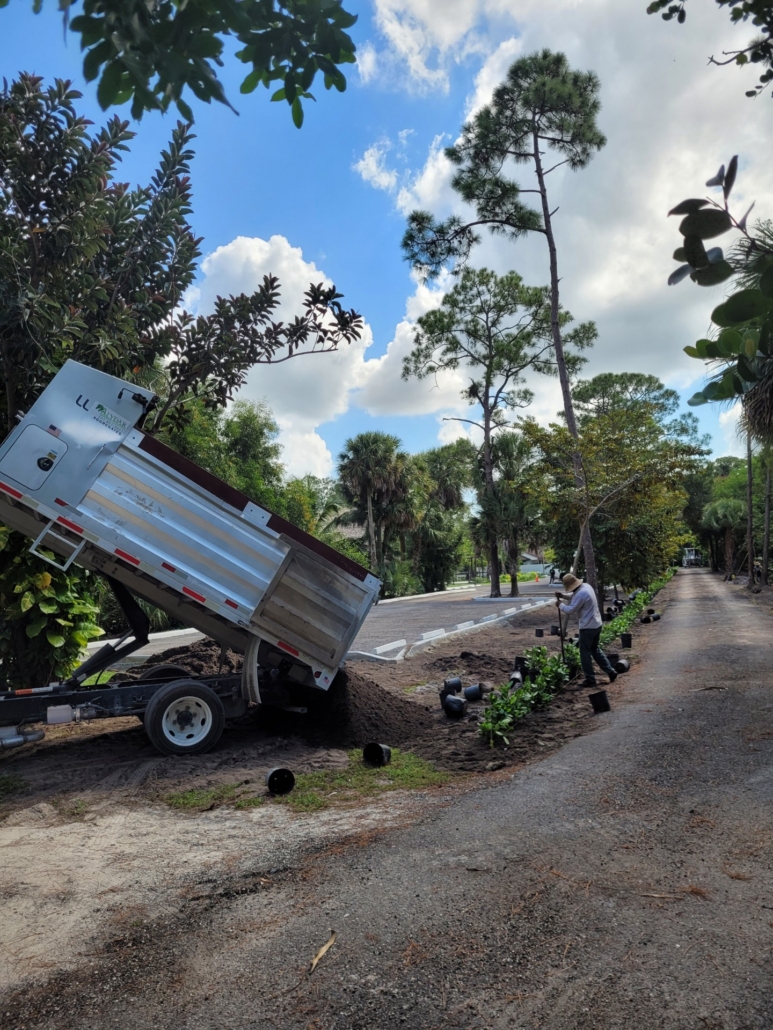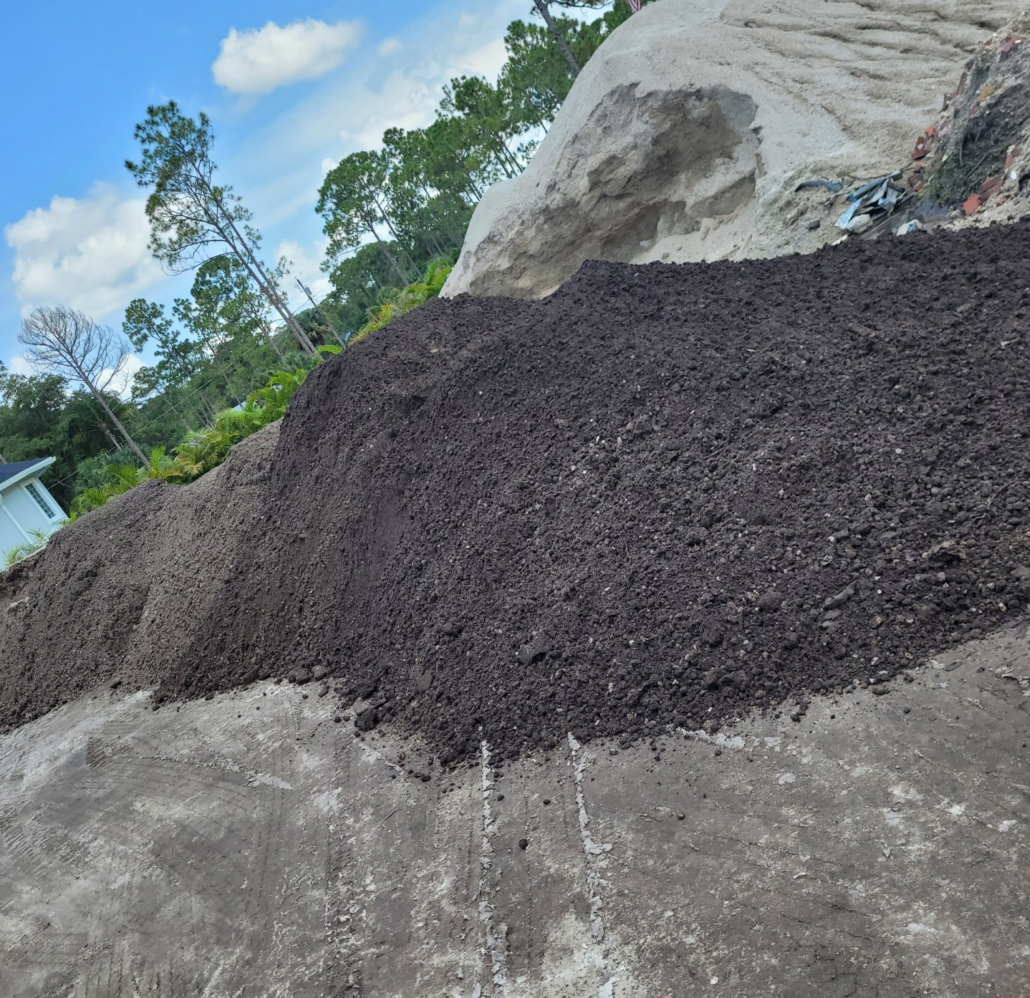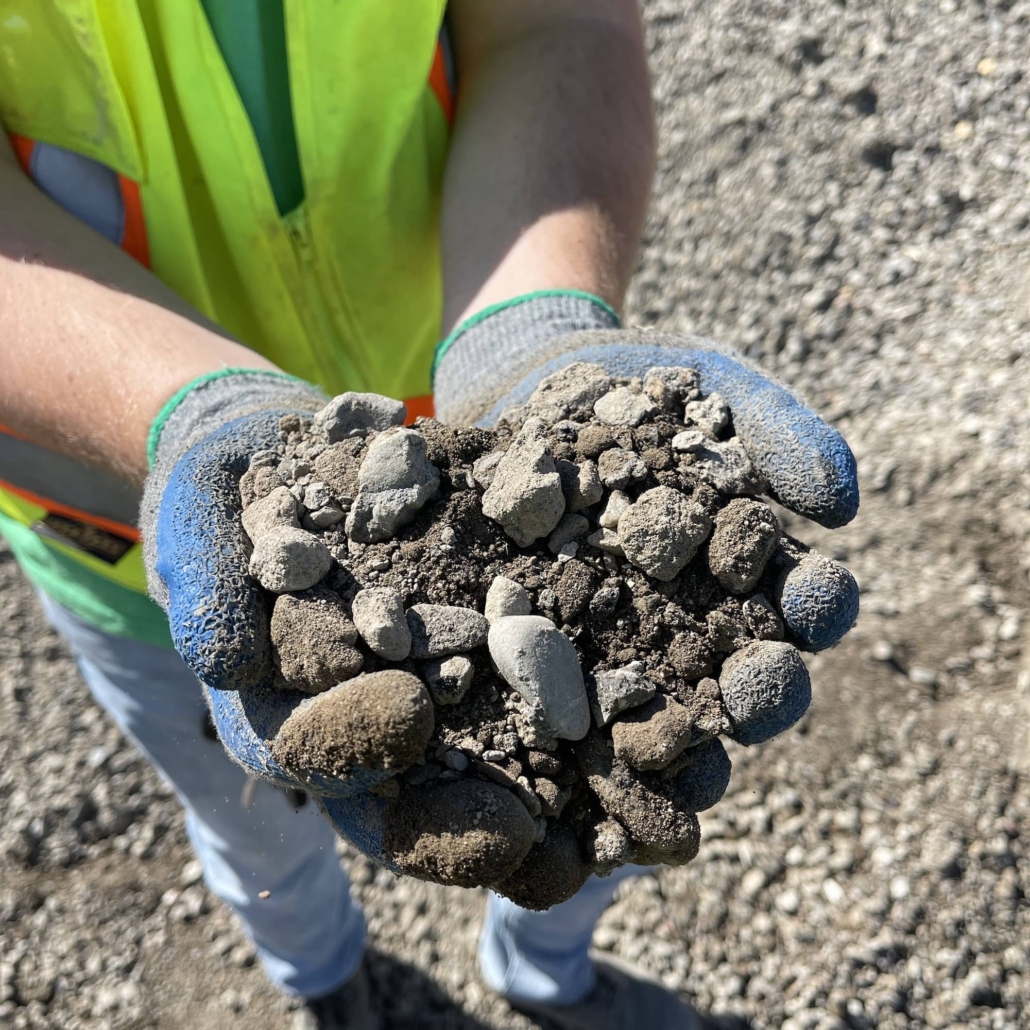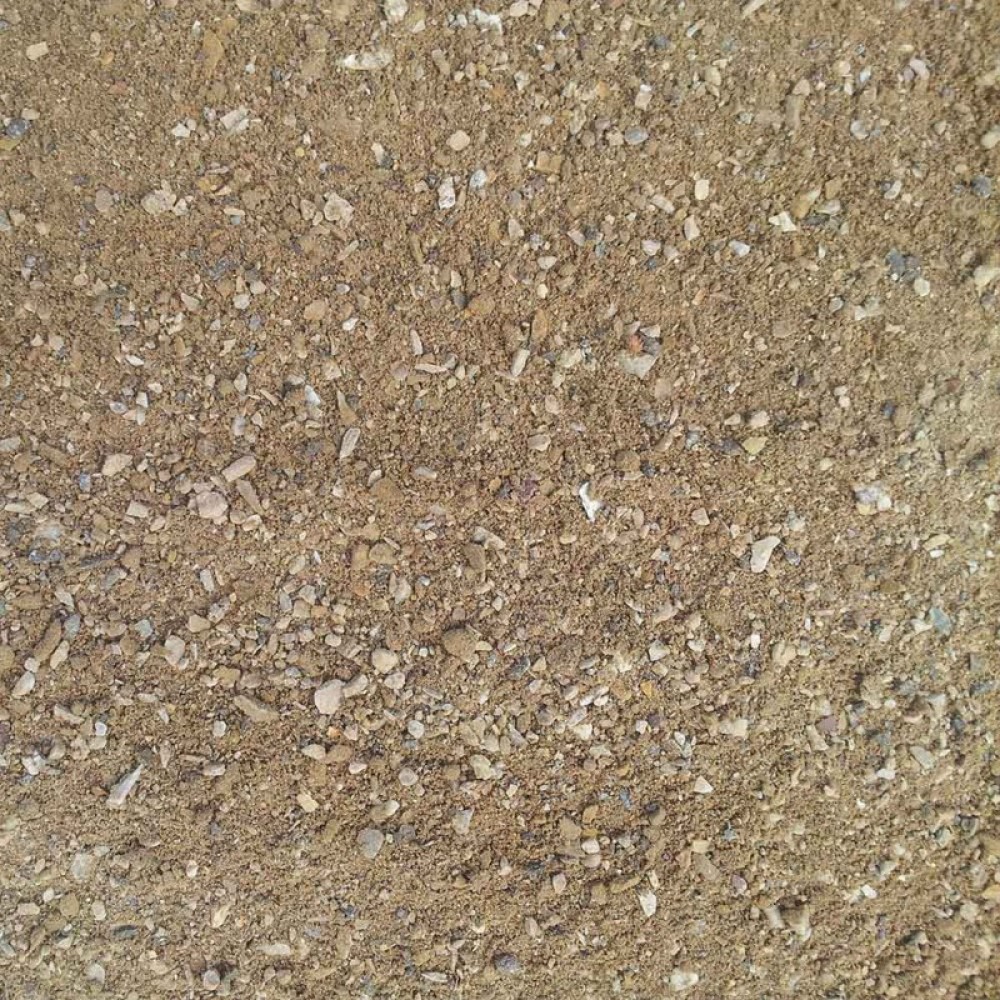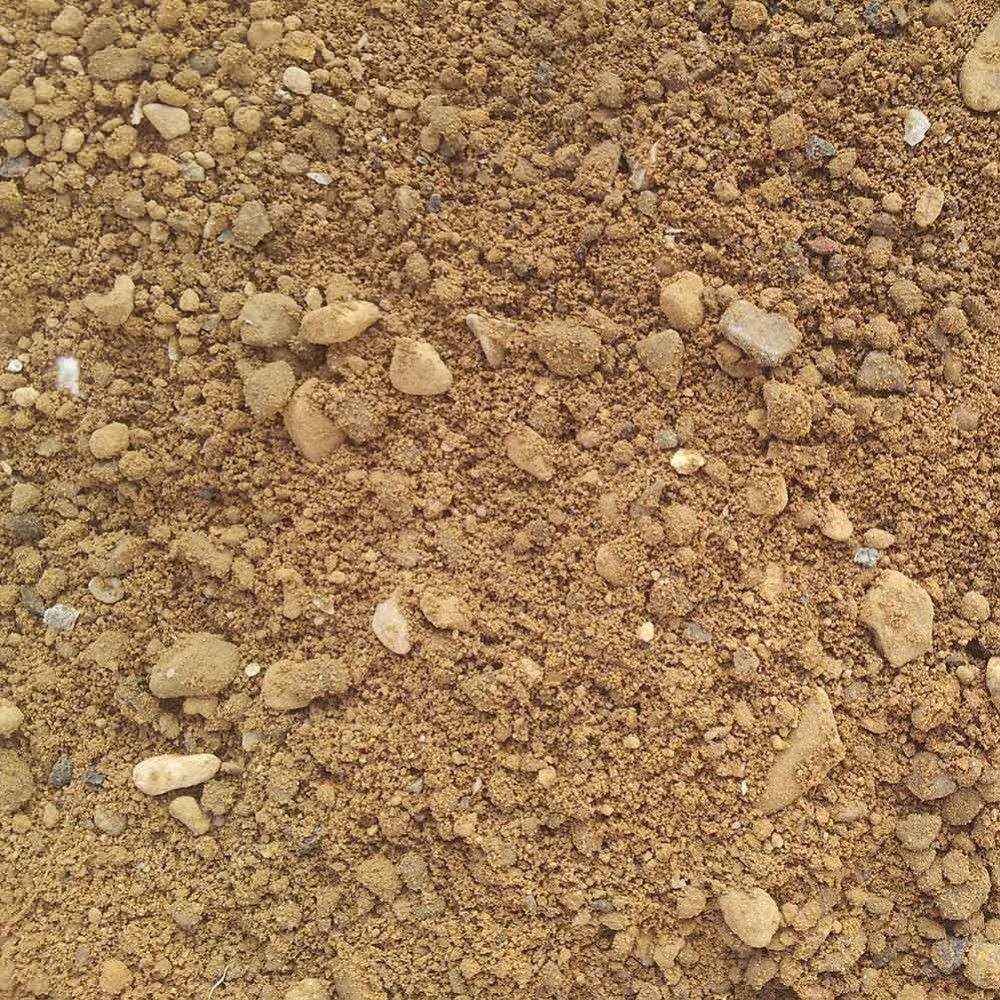We provide different options for paying you for your scrap metal. We can help you haul your scrap metal out of your home or project. Scrap metal is a large part of the demolition process and we know the best ways to maximizing your profits.
The most common scrap metal is ferrous shred which is anything made of iron or steel, while other metals such as aluminum go for a higher rate.
We can supply the hauling and connections for your project. We can assist with any size of project, whether it’s active loading into 30 yard dump trailers, or providing you with roll off cans.
Scrap metal recycling can help prevent environmental pollution in a few direct and indirect ways. Much of the garbage that is occupying landfills include metal components, which, when left over time, can leak toxic fluids. Furthermore, repurposing scrap metal uses much less energy when compared with mining for virgin ore. By reusing our unwanted metal, we’re able to reduce the amount of waste materials and pollutants that end up in landfills and metal mining. This also means that we can reserve other valuable resources such as coal and oil that would otherwise be used in the mining and extraction process.
Environmental pollution is a serious issue that affects all of us. If you’re interested in maintaining the health and safety of your community and local ecosystems, consider recycling with us.
Our friendly staff has an excellent understanding of different metals, We consider the needs and convenience of our customers above everything else.
Please don’t hesitate to call us today if you have any questions!
